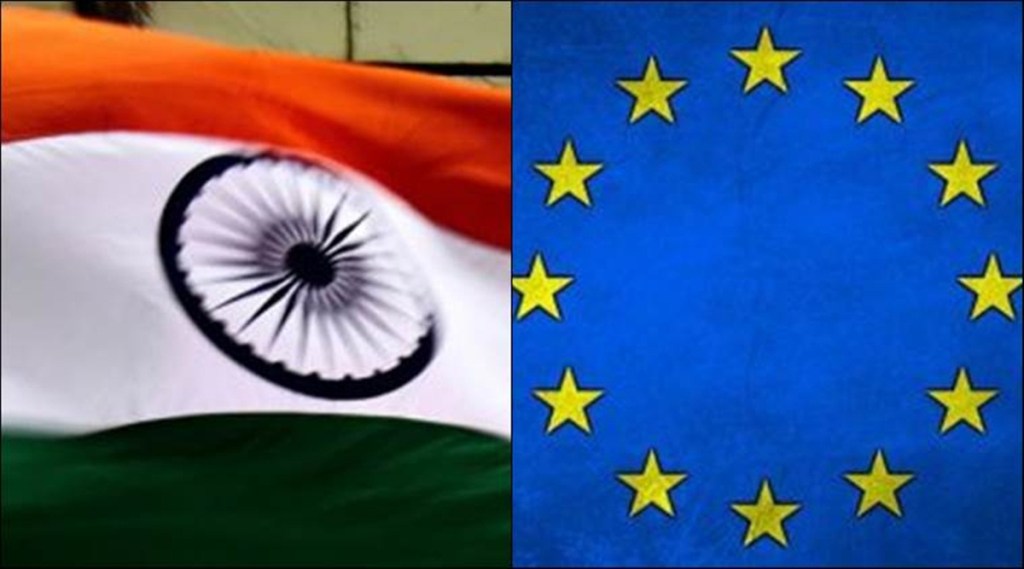India and the EU are expected to review their respective stance and focus on low-hanging fruit first, as they are set to re-launch negotiations for a free trade agreement (FTA) in June after a gap of about nine years, sources told FE.
“Both the sides are likely to take stock of the progress so far and discuss how to proceed further. It makes sense to focus on points of convergence first before moving on to contentious matters,” one of the sources said.
After 16 rounds of talks between 2007 and 2013, formal negotiations for the FTA were stuck over stark differences, as the EU insisted that India scrap or slash hefty import duties on sensitive products such as automobiles, alcoholic beverages and dairy products. Similarly, India’s demand included greater access to the EU market for its skilled professionals, among others. However, both the sides have now decided to take the negotiations to their logical conclusion.
The EU, after the Brexit, continued to be India’s largest export destination (as a bloc) in FY22. Its outbound shipments to the EU jumped 57% on year in FY22 to $65 billion, albeit on a contracted base. Similarly, India’s imports from the EU jumped 29.4% last fiscal to $51.4 billion.
In April, both the sides decided to set up a trade and technology council to boost bilateral ties, as the bloc’s president Ursula von der Leyen met Prime Minister Narendra Modi here. This move underscored growing co-operation between New Delhi and Brussels, as the US is the only other country that has a technical agreement with the EU, along the lines of the one signed with India now. The council is aimed at providing political-level oversight of the entire spectrum of the India-EU ties and to ensure closer coordination.
Both the leaders had reviewed progress in the India-EU Strategic Partnership, which also included negotiations for the FTA, and decided to further deepen cooperation in trade, climate, digital technology and people-to-people ties. They had also discussed issues relating to climate change and the possibility of collaboration in areas like green hydrogen.

